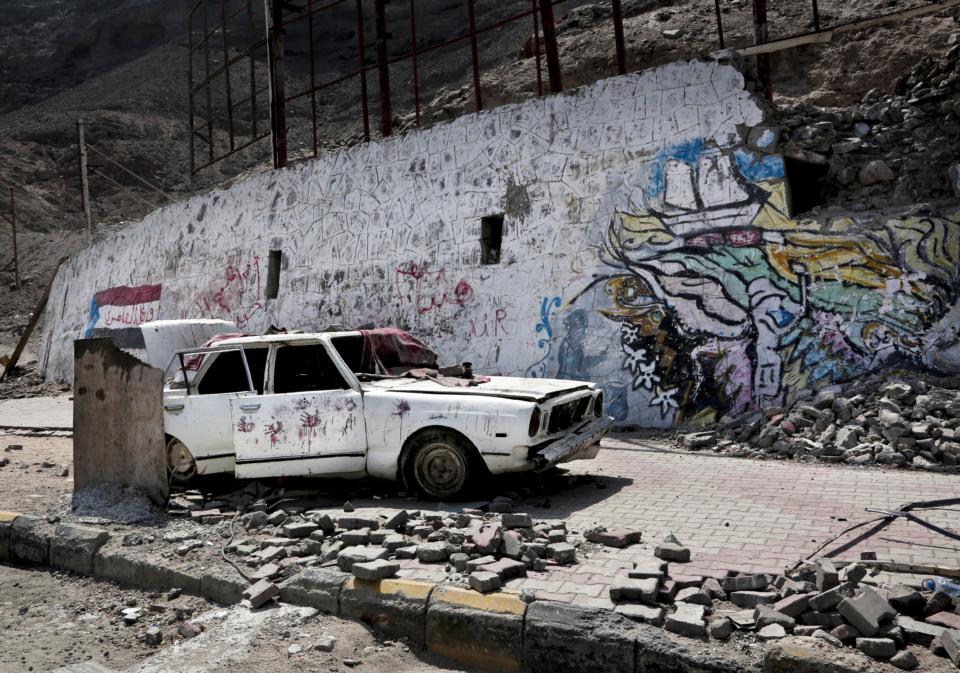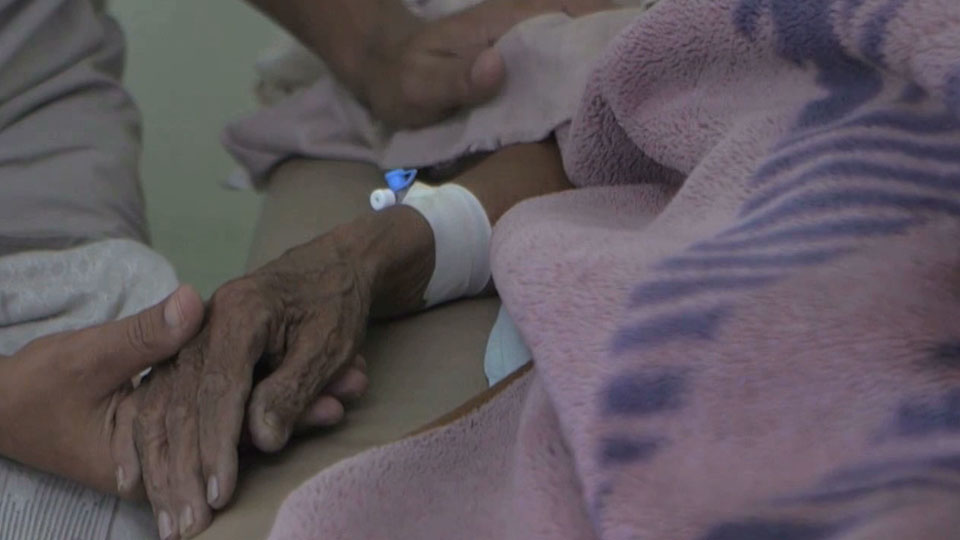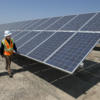Yemen’s exiled President Abdrabbuh Mansour Hadi used his U.N. address to praise Saudi Arabia for its support during his country’s civil war. Hadi has been living in exile in Saudi Arabia since 2015.
CGTN’s Natalie Carney filed this report on the daily struggles faced by those still living in Yemen.
Follow Natalie Carney on Twitter @NatalieCarney77
Yemen has been trapped in a brutal war for almost four years. In early 2012, the President of Yemen at the time, Ali Abdullah Saleh, was forced to hand over power to his deputy, Hadi.
However, that transition resulted in mass unemployment, food insecurity, and terrorist attacks.
Within this instability, a political Shi’a movement, loyal to Saleh, known as the Houthis moved in to capture large areas of the country, including the capital Sana’a and the strategic southern port city of Aden. In 2015, a Saudi Arabia coalition joined the conflict in support of Hadi.
Since then, the country has experienced the worst war can offer. Today, Aden is a shell of its former self. The international port that once bustled with activity is now quiet. Hotels once flocked to by foreigners have been destroyed, and schools once filled with laughing children are closed.
According to the United Nations, more than 28,000 people have been killed or wounded during the nearly four years of war, which has internally displaced 3 million citizens. Thousands more have died from malnutrition, disease, and poor health.
Yemen is also facing the largest documented cholera epidemic in modern times. The country’s economy has flattened, and its currency, the riyal, has plummeted as prices rise.
The insecurity across the country and occasional blockades of ports and roads has caused trade to all but stop, and pushed prices sky-high. Everyday commodities, such as bread, are now out of reach for an already impoverished country.
Many schools have closed as parents can no longer afford school supplies or clothing. Many gas stations sit empty, as imports have been drastically reduced. All this has forced millions to rely on aid to survive.
The second attempt at U.N. brokered peace talks earlier this month failed, leaving no end in sight for the war in Yemen, and 27 million people struggling to survive.
 CGTN America
CGTN America


